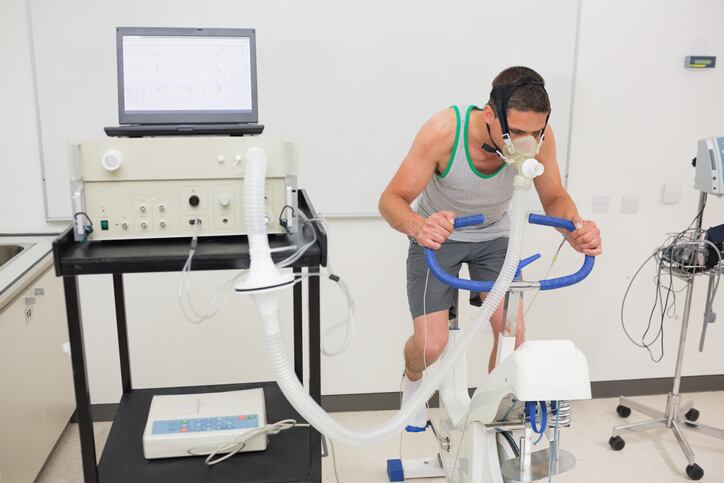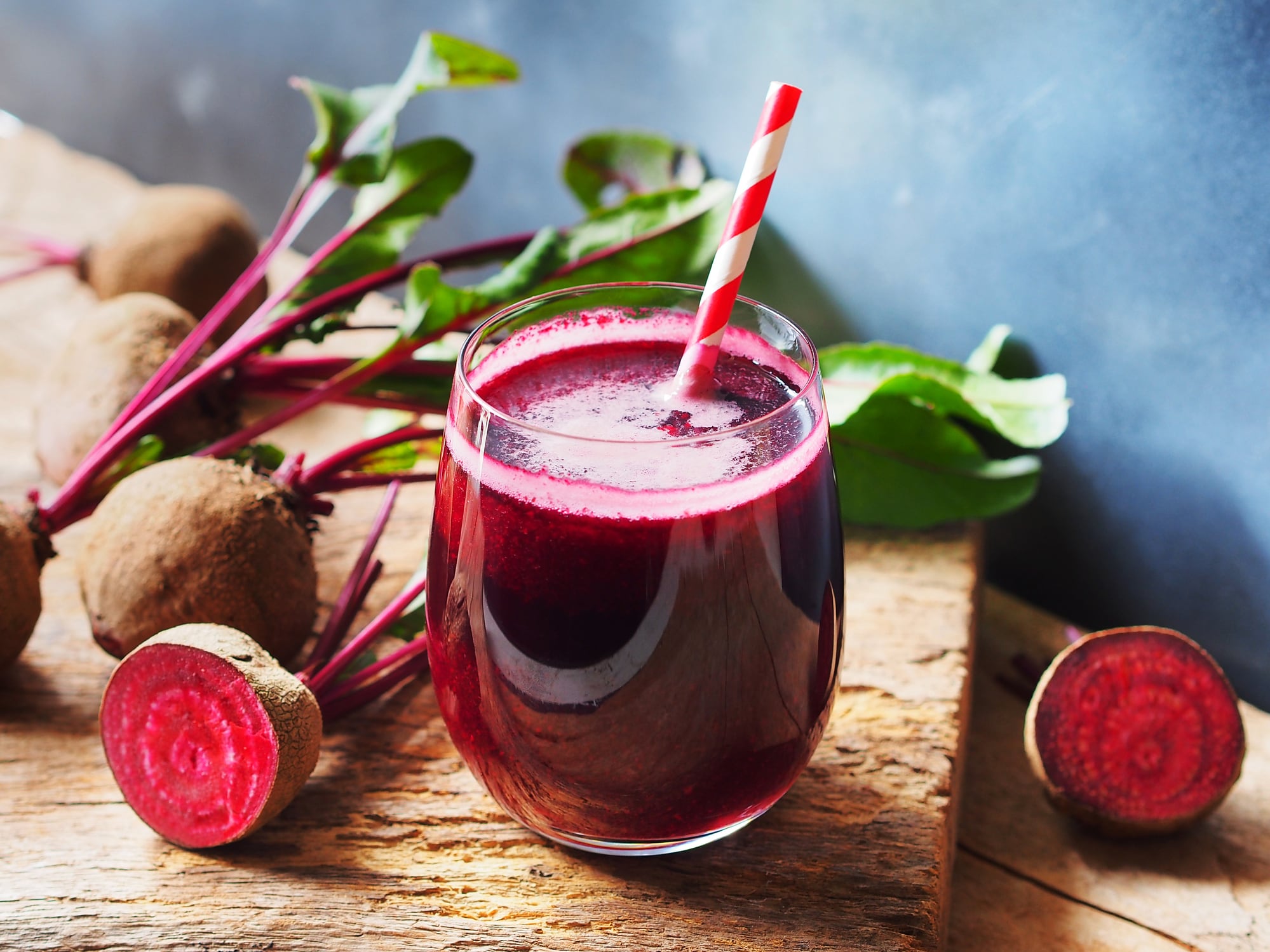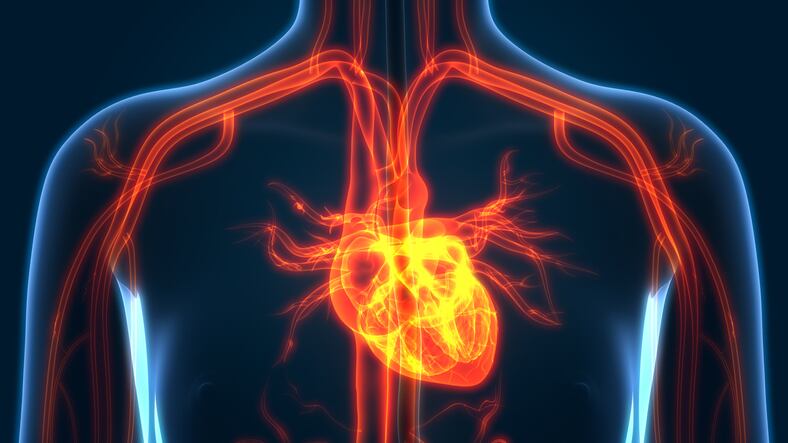The new study was published in the Journal of the International Society of Sports Nutrition. The authors were associated with several institutes and universities in Lithuania.
The authors noted that there has been a significant amount of research into the effects of dietary nitrates (NO3) on sports performance. Most of this has focused on beetroot, primarily because of the wide availability of the foodstuff and its ‘ease of preparation.’
Additionally, a number of studies have focused on the effects of the nitrates found in red spinach. But comparatively little research has zeroed in on amaranth.
Amaranth (Amaranthus hypochondriacus), is part of a genus of plants cultivated as a green, leafy vegetable, for its seeds and for its ornamental properties. It was thought to be a staple foodstuff of the Aztecs pre conquest.
The researchers were interested in the nitrates found in amaranth. The foodstuff is rich in nitrates as well as potassium (an important mineral for proper muscle contractions) and antioxidant polyphenols.
Most nitrate research relates to beetroot
Much of the research on the nitrates found in beetroot and their connection to sports performance has focused on effects on the blood vessels. Dietary nitrate has shown to “affect vasodilatation by increasing blood flow, thus increasing the oxygen uptake and oxidative processes in the working muscles,” the authors wrote.
To test the performance of amaranth in this regard the researchers recruited 12 young male students of a sports university in Kaunas. The test material was billed as an ‘amaranth concentrate’ that had been standardized to 9%-11% dietary nitrates content.
The study was structured in a placebo controlled design. The test material was delivered in a hand prepared, oat based nutritional bar, with a like placebo without the amaranth. The subjects consumed the bars for six days. The test bar delivered about 400 mg of dietary nitrate.
Cycling test
To test aerobic performance the subjects performed a cycling ergometer test at baseline, at the beginning of the intervention period after one eating one of the bars, and again at the end of study period, after having consumed one bar a day for six days. The ergometer test, dubbed the increasing cycling exercise (ICE) was structured as a light warmup and then an increase in power of 30 watts every minute while maintaining 70 rpm. The test was halted when subjects could no longer maintain 65 rpm.
The researchers said the nitrates in amaranth showed a significant effect on performance.
“The peak power of the ICE, the maximum oxygen consumption and the first ventilatory threshold were significantly increased after long-term consumption of dietary amaranth,” they wrote.
“Long-term (6 days) use of dietary NO3− from amaranth may improve the aerobic capacity during ICE in young physically active male persons. It can be recommended as the nutritional supplement during last week of preparation for competition in endurance events,” they concluded.
Source: Journal of the International Society of Sports Nutrition
17, Article number: 37 (2020)
The influence of amaranth (Amaranthus hypochondriacus) dietary nitrates on the aerobic capacity of physically active young persons
Authors: Liubertas T, et al.




